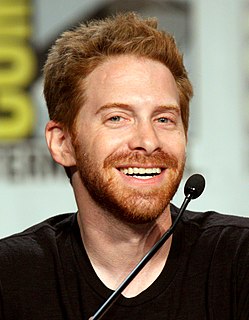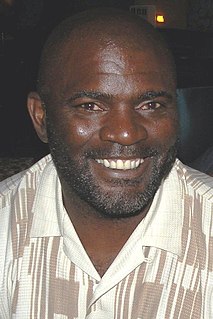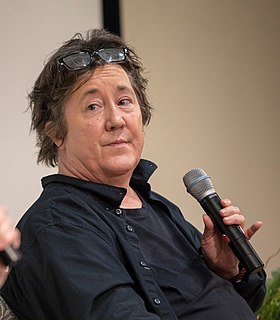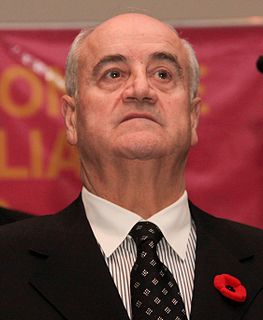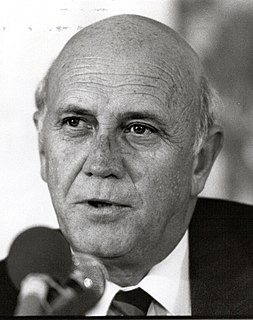A Quote by Nancy Roman
My career was quite unusual, so my main advice to someone interested in a career similar to my own is to remain open to change and new opportunities. I like to tell students that the jobs I took after my Ph.D. were not in existence only a few years before.
Related Quotes
I encourage film students who are interested in cinematography to study sculpture, paintings, music, writing and other arts. Filmmaking consists of all the arts combined. Students are always asking me for advice, and I tell them that they have to be enthusiastic, because it's hard work. The only way to enjoy it is to be totally immersed. If you don't get involved on that level, it could be a very miserable job. I only have one regret about my career: I'm sorry that we are not making silent movies any more. That is the purest art form I can imagine.
Your career is not going to go the way you planned. It is impossible at the age of 23 to pick the right industry, the right company, and you can visualize what you're going to be doing in your 40s, 50s, and 60s, but chances are that it's going to be something quite different. So remain open to opportunities and change.
Three or four years ago, I got really caught up in the movies people were making, the opportunities they were getting, and I was looking at them with bitterness. As soon as I decided that their career was their career and mine was mine and I would have to serve myself, my attitude changed. I'm as normal as you can be in these circumstances.
I teach MBAs. And I noticed, starting a few years after China joined the World Trade Organization, that a lot of my students were no longer employed. They were still coming to get their MBA, but they'd lost their jobs. And I started to ask questions why. And, at that point, all roads were leading to Beijing.
Our government's investments in science, technology and innovation are ensuring that ideas move from the lab to the marketplace faster, creating jobs and opportunities for Canadians. Through our investment in Mitacs Elevate, we are providing training and new career opportunities for talented researchers while ensuring that local businesses such as Vision Extrusions stay competitive and continue to create jobs here in Woodbridge.
Career is the stringing together of opportunities and jobs. Mix in public opinion and past regrets. Add a dash of future panic and a whole lot of financial uncertainty. Career is something that fools you into thinking you are in control and then takes pleasure in reminding you that you aren't. Career is the thing that will not fill you up and will never make you truly whole.
Race is not the only differential in South Africa, in the new South Africa, where all schools are open, mother-tongue education is a very big issue. One of the main reasons why the dropout figure of black students, and the lower pass rate of black students in the present education system, and it was like that before, was that we didn't have mother-tongue education.
Something is guiding my career; I don't know what it is. When I look back at my career, I call myself the most lucky actor in the world. It is all I have ever done. I do master classes, and I tell people not to use me as an example. I do not know anyone like me - not to brag - it is just very unusual.






